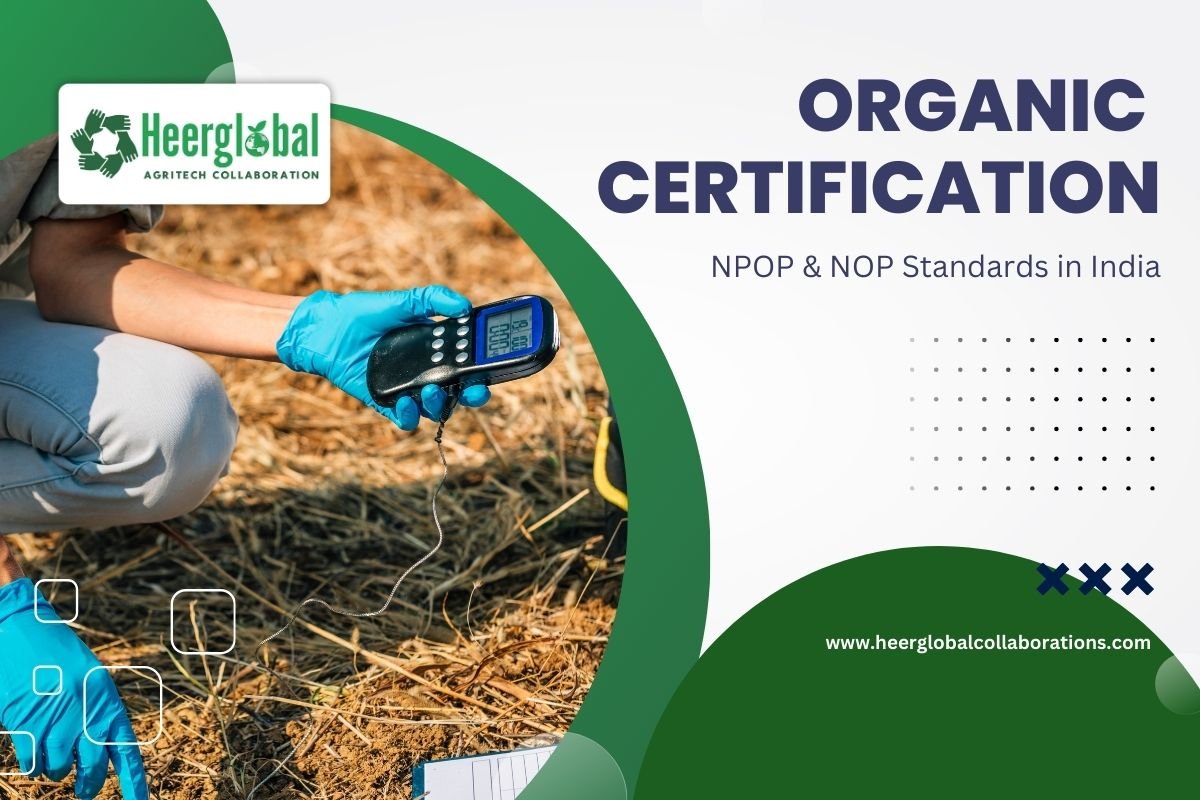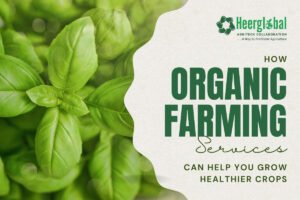Understanding Organic Certification: NPOP & NOP Standards in India
In today’s agricultural landscape, organic farming is gaining momentum as consumers increasingly prioritize health and sustainability. Organic certification ensures that agricultural products meet specific standards set by regulatory bodies to guarantee authenticity and quality. In India, the National Program for Organic Production (NPOP) and the National Organic Program (NOP) are pivotal in defining these standards, ensuring that products labeled as organic are genuinely so. Let’s delve deeper into what these certifications entail and their significance across different sectors involved in organic farming and trade.
Organic farming has emerged not only as a sustainable agricultural practice but also as a response to growing consumer demand for chemical-free, environmentally friendly products. To uphold the integrity of organic products, certifications such as NPOP and NOP play a crucial role. Here’s a comprehensive look at what these certifications entail and their implications for various stakeholders:
National Program for Organic Production (NPOP)
- Definition and Scope: NPOP is India’s regulatory framework for organic certification, overseen by the Agricultural and Processed Food Products Export Development Authority (APEDA). It sets standards for organic production, certification, and marketing.
- Certification Process: Farmers and entities seeking certification must adhere to stringent guidelines covering crop production, soil management, pest control, and post-harvest practices.
- Benefits: NPOP certification opens doors to domestic and international markets by assuring compliance with organic standards, thereby enhancing marketability and price realization for organic products.
National Organic Program (NOP)
- Overview: Managed by the United States Department of Agriculture (USDA), NOP regulates organic agricultural products sold in the United States. It ensures that products imported from India and other countries meet USDA organic standards.
- Equivalence with NPOP: NOP recognizes NPOP standards as equivalent, facilitating exports of Indian organic products to the US market without requiring additional certification.
Certification Agencies in India
- Role and Accreditation: Various agencies such as GOPCA, Control Union, SGS, RSOCA, EcoCert, and OneCert are accredited by APEDA to certify organic products under NPOP standards.
- Certification Process: These agencies conduct inspections, verify compliance with organic standards, and issue certificates to farmers, Farmer Producer Organizations (FPOs/FPCs), Integrated Certification Systems (ICS), food processors, traders, and exporters.
- Ensuring Integrity: Certification agencies uphold the credibility of organic products by monitoring every stage of production and processing, from farm to market.
Impact on Stakeholders
- Farmers: NPOP certification empowers farmers by enabling them to adopt sustainable practices, access premium markets, and improve their income.
- Consumers: Assurance of organic integrity through certification builds consumer trust, driving demand for organic products.
- Exporters and Traders: Certification under NPOP and NOP standards facilitates international trade by meeting regulatory requirements and accessing global organic markets.
Future Directions
- Promoting Awareness: Continued efforts are needed to educate farmers about organic farming practices and the benefits of certification.
- Expanding Certification: Encouraging more farmers and stakeholders to adopt organic certification to meet growing global demand for organic products.
- Research and Development: Investing in research to enhance organic farming techniques and address challenges such as pest management and soil fertility.
Contact Us:
For more information on organic certification under NPOP and NOP standards or to get certified, contact Heerglobal Agritech Collaborations:
- Website: Heerglobal Agritech Collaborations
- Phone: +91 95379 85839
- Email: contact@heerglobalcollaborations.com
Ensure your journey towards organic certification is guided by experts committed to sustainable agriculture and global standards.




